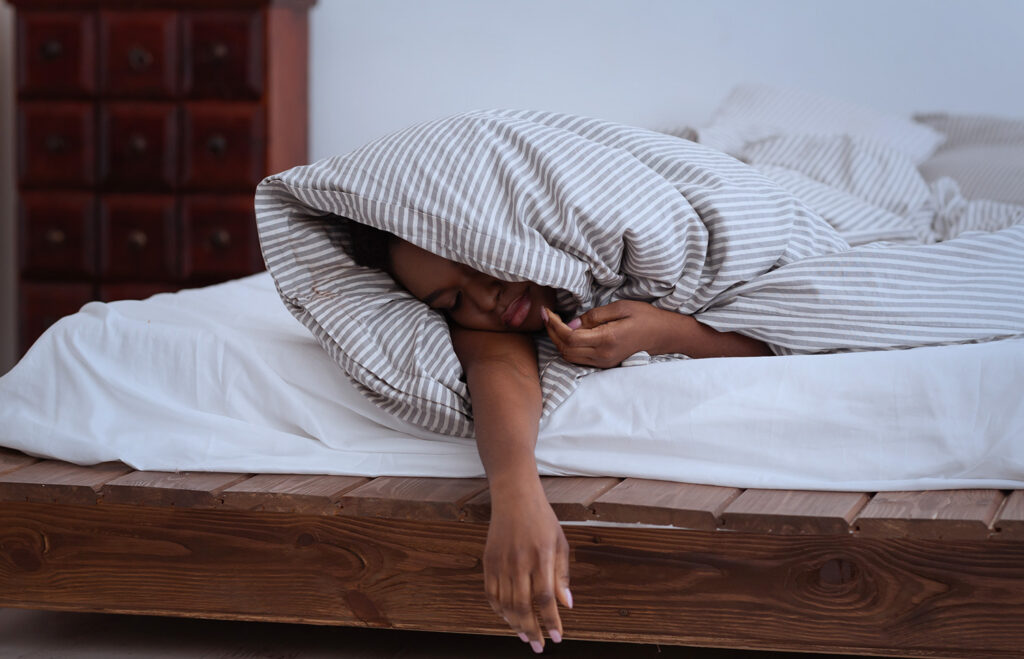Did you know that sleep is just as important for your health as diet and exercise? It’s true! In this blog post, we will discuss the importance of sleep and how it relates to internal medicine. We will also cover some common sleep disorders and their symptoms.
What is Internal Medicine?
Internal medicine is the specialty concerned with the diagnosis and nonsurgical treatment of diseases in adults. A physician who specializes in this field is called an internist. Internists are skilled in the management of patients who have undifferentiated or multi-system disease processes. The word internal comes from the fact that an internist treats internal parts of the body, including outer areas like the throat, thyroid, and lymph nodes, as well as middle regions like the heart, lungs, stomach, and intestines. These medical specialists also focus on serious conditions that affect many organ systems, such as autoimmune disorders, diabetes, hypertension and rheumatological disorders. While internists may act as primary physicians for their patients, their expertise lends itself to providing medical care for patients with complex medical conditions or diseases involving multiple organ systems.
What is Sleep Medicine?
Sleep medicine is a branch of medicine that deals with the diagnosis and treatment of sleep-disorders. These disorders can range from insomnia to narcolepsy, and they can have a serious impact on your health if left untreated.
How Does Slumber Relate to Internal Medicine?
In addition to causing various health problems, sleep-disorders can also be symptoms of other medical conditions. For example, insomnia may be caused by stress or anxiety, while narcolepsy may be a sign of depression. That’s why it’s important for internists to be familiar with the different types of disorders and how they can impact your health. Sleeping is a complex human behavior with important physiological, emotional and cognitive consequences. Cardiac and respiratory functions demonstrate circadian variation. These disorders can have profound effects and may be indicators of cardiovascular or metabolic problems. A lack of adequate slumber hampers normal activities ranging from simple chores to operating machinery.
If you’re experiencing any of the symptoms of the disorder, it’s important to see a doctor right away. A qualified physician will be able to diagnose the disorder and recommend a treatment plan. With the right treatment, you can get your sleep schedule back on track and improve your overall health. Fort Lauderdale internal-medicine doctors are here to help with all of your sleep related needs.
Sleep Disorders and Their Causes
There are many causes of sleep-disorders and problems with sleeping, including:
• Sleep apnea is a condition that affects breathing during your slumber. It occurs when the muscles in the back of your throat relax more than normal, which can cause you to stop breathing for up to 30 seconds at a time. The most common type of sleep apnea is obstructive, which means it’s caused by something blocking your airway (like an infection or allergies). Other types include central and mixed (both involve brain activity), as well as idiopathic (caused by unknown factors). If left untreated over long periods of time this disorder may lead to complications like heart disease.
• Restless legs syndrome is a condition that causes an uncontrollable urge to move your legs (or arms) when you’re resting. This happens because of an uncomfortable sensation in your muscles, which is often described as pins and needles, itchiness, or tingling. The good news is that there are treatments available for restless legs syndrome.
• Insomnia is the most common sleep-disorder, affecting around 30% of adults at some point in their lives. It can cause problems like difficulty falling asleep, staying asleep, or getting restful doze. There are many possible causes of insomnia, including stress, anxiety, medical conditions (like arthritis), medications (including over-the-counter and prescription drugs), and caffeine/alcohol consumption. Insomnia can be treated in a number of ways, including behavioral therapies, medications, and devices like CPAP machines.
• Narcolepsy is a rare disorder that causes people to fall asleep suddenly and without warning. It’s caused by a problem with the part of your brain that controls dozing and wakefulness, and it often starts during puberty or early adulthood. There is no cure for narcolepsy, but there are treatments available that can help control symptoms. Some people with narcolepsy may also need to take medication to stay awake during the day.
• Periodic limb movement disorder (PLMD) is a condition that causes your limbs (usually your legs) to move involuntarily during nap. This can cause you to jerk awake or even to fall out of bed. PLMD is often caused by medical conditions like diabetes, arthritis, and Parkinson’s disease, but it can also be a side effect of some medications. There is no cure for PLMD, but there are treatments available that can help reduce symptoms.
• Sleepwalking is a disorder that causes people to walk – or even run – around while they’re asleep. It usually happens during the deep stages of slumber, and people who sleepwalk typically have no recollection of it afterwards. Although sleepwalking may seem harmless, it can actually be dangerous if the person walks into traffic or tries to climb up on something high. There is no cure for sleepwalking, but it can be treated with medications or therapy.
What Can You do to Improve Your Sleeping Habits?
There are many things you can do to improve your nap, including:
1. Establish a regular bedtime and wake time – This will help train your body to expect naps at certain times.
2. Avoid caffeine and alcohol before bed – Caffeine can keep you awake, while alcohol can cause interrupted nap.
3. Exercise regularly – Exercise has been shown to improve doze quality.
4. Avoid watching TV or using electronics in bed – The blue light from screens can disrupt your natural sleeping patterns.
Getting enough good quality nap is essential for optimal health. If you’re experiencing any of the symptoms of a sleep-disorder, be sure to see a doctor right away.




